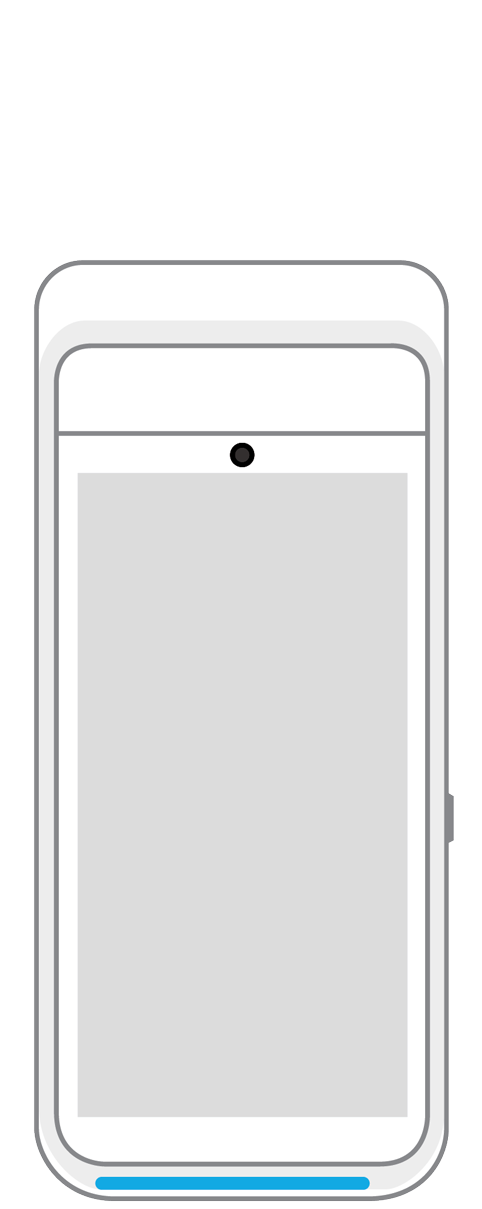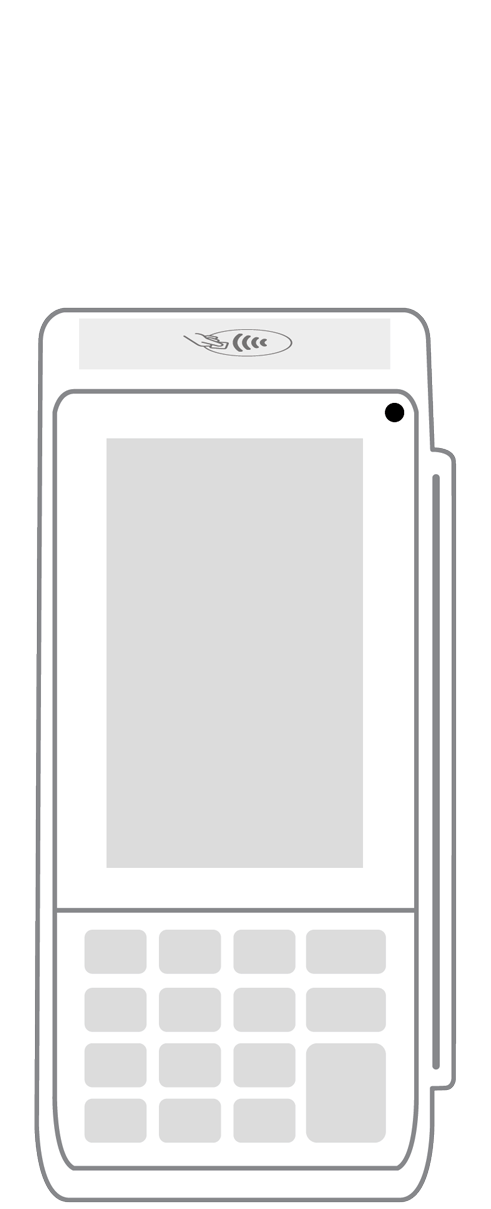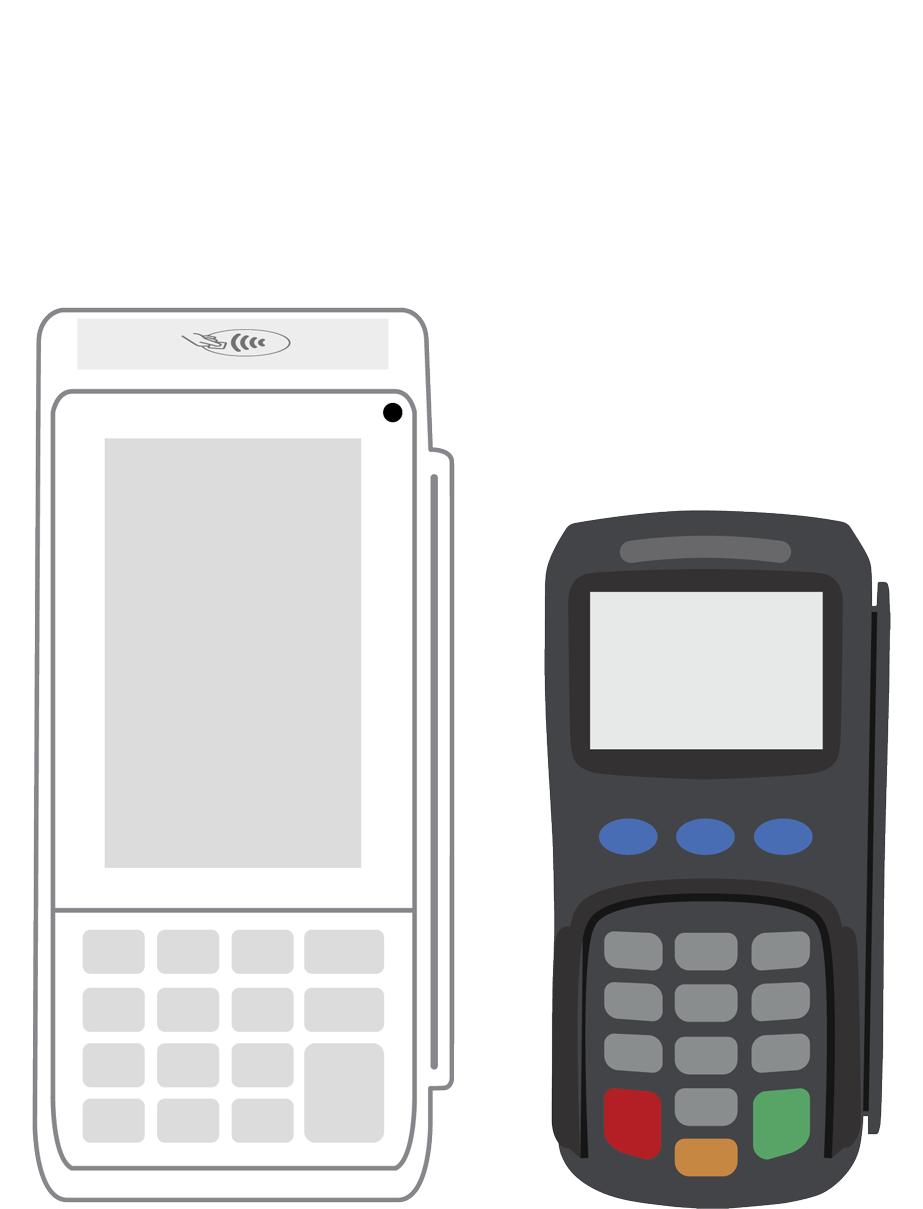How Does A Chargeback Affect Your Business?

 Credit card chargebacks negatively affect your business in many ways, not least of which are the costs involved. Here are a few ways to keep them to a minimum.
Credit card chargebacks negatively affect your business in many ways, not least of which are the costs involved. Here are a few ways to keep them to a minimum.
Cost of Chargebacks to Your Business
When your customers contact their credit card issuers to dispute a charge from your business, and the issuer deems their claim valid, you're going to pay. First, your merchant account is debited the amount of the previously-cleared charge. Then you pay a chargeback fee to your credit card processing firm.
These charges can become onerous if they start to stack up; if you begin incurring them regularly, especially if you haven't planned on a portion of your sales resulting in chargebacks. They can be especially painful if you're operating on a thin margin and have already spent the money.
Why Chargebacks Occur
Legitimate customer disputes come in a variety of shapes and sizes. Maybe your customer didn't receive the item they ordered. They might feel the product was represented differently than what they received. The billing might have been faulty. Or the charge wasn't something they recognized when it hit their account.
Sometimes a chargeback comes as a result of credit card fraud: somebody used the customer's identity to make the purchase, or wrongly used a card.
How to Avoid Chargebacks
Avoiding chargebacks is an active, and interactive, process. It requires eternal vigilance (and diligence) on your part, as well as adaptability. Taking specific steps to protect yourself against fraud, in both card-present and card-not-present transactions, is your first line of defense. Training your staff on this protection is key. As is responding to customer issues quickly, carefully, and courteously.
Further approaches you can take to keep chargebacks at a minimum include:
- Using clear payment descriptors: Make sure the merchant name in the descriptor gives the customer enough to make the connection with your business.
- Having customers sign something: Depending on the nature of your business, having customers sign a contract that spells out exactly what specifics you are providing can significantly decrease the chance of a chargeback.
- Keeping careful records: Track customers' credit card transaction dates, charge amounts, authorization information, and keep copies of any signed documentation. Experts suggest you continue to monitor the ongoing status of your chargebacks, and regularly adapt your approach to protecting yourself from them. Perhaps this should be part of a half-year review.
Stand Up for Your Rights
Fight back when you feel it's the right thing to do. Your relationship with your merchant account provider might be on the line if you don't stand up for your rights as a seller. You might even want to hire a professional chargeback management firm to help keep your business purring along smoothly.
 3-in-1 Reader |  Terminal |  Keypad |  PINPad Pro |  Flex |  POS+ | |
|---|---|---|---|---|---|---|
Payment types | ||||||
EMV chip card payments (dip) | ||||||
Contactless payments (tap) | ||||||
Magstripe payments (swipe) | ||||||
PIN debit + EBT | ||||||
Device features | ||||||
Built-in barcode scanner | ||||||
Built-in receipt printer | ||||||
Customer-facing second screen | ||||||
External pinpad | ||||||
Wireless use | ||||||
Network | ||||||
Ethernet connectivity | With dock | |||||
Wifi connectivity | ||||||
4G connectivity | ||||||
Pricing | ||||||
Free Placement | ||||||